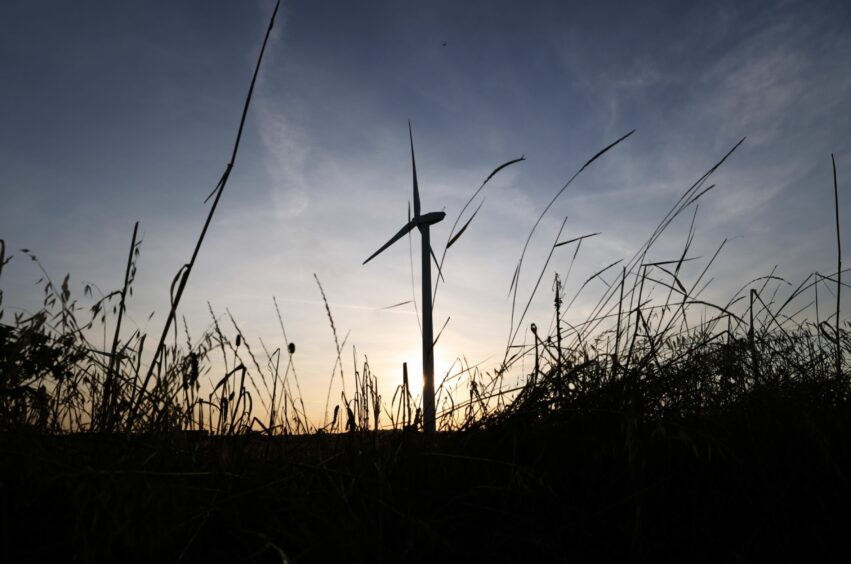
The Scottish Government has unveiled plans to install 20 gigawatts of onshore wind by 2030, setting a different course from other parts of the UK.
Scotland currently has just over 9 GW of onshore wind installed, and the 20GW figure is double that of the entire UK’s installed offshore capacity as of the start of 2022.
The industry has welcomed the move, but opponents say it will be “regressive” for Scotland.
Energy secretary Michael Matheson said: “Scotland has been a frontrunner in onshore wind and, while other renewable technologies are starting to reach commercial maturity, continued deployment of onshore wind will be key to ensuring our 2030 targets are met.”
He added that onshore wind remains the cheapest form of renewable generation, adding that “technologies that take decades to deliver and are expensive for consumers, such as new nuclear fission, are not an acceptable solution”.
It comes as the UK is pursuing nuclear power to replace its baseload, currently coming in large part from gas.
‘Best place’ in UK for onshore wind
An onshore wind ban is in place in England, but the UK Government said earlier this month it would relax those restrictions following a consultation which is due to conclude by next April.
Holyrood’s 2022/23 programme for government committed Scotland to 12 GW of offshore wind being developed.
This new baseline of 20GW at “minimum” reflects the “natural life cycles of existing windfarms” and will help “rapid decarbonisation of our energy system”.
Mark Richardson, senior policy manager at Scottish Renewables, said: “The renewable energy industry welcomes The Scottish Government’s support for onshore wind and the publication of its final Onshore Wind Policy Statement, which makes Scotland the best place in the UK to develop onshore wind projects.
“The policy statement sets out that Scotland’s electricity demand will at least double within the next two decades and that developing more onshore wind could create 17,000 jobs and £27.8 billion in GVA for the country’s economy.”
‘Regressive’ for Scotland
Graham Lang, chair of the Scotland Against Spin activist group, argued there needs to be clear community benefits and argued it could hamper jobs.
“The Scottish Greens support wall to wall wind farms carpeting the Scottish Landscape and the damage to the visual and residential amenity of residents in sight and sound of the turbines.
“This coupled with cancelling the job opportunities the offshore gas and oil industries in the North Sea provide is regressive for Scotland.
“In England planning permission for a wind farm depends on a project being able to demonstrate local support, satisfactorily address any impacts identified by the local community make sure strong environmental protections remain, so that valued landscapes such as National Parks, Areas of Outstanding Natural Beauty and the Green Belt are protected.
“In Scotland without demonstrable local support no planning permission should be granted. Community benefit can buy local support and often the community receiving the benefit is miles away and out of sight of the machines. Scotland against Spin supports the English approach which seems democratic and sustainable.”
Recommended for you


 © Supplied by Wulie Marr/DC Thomso
© Supplied by Wulie Marr/DC Thomso